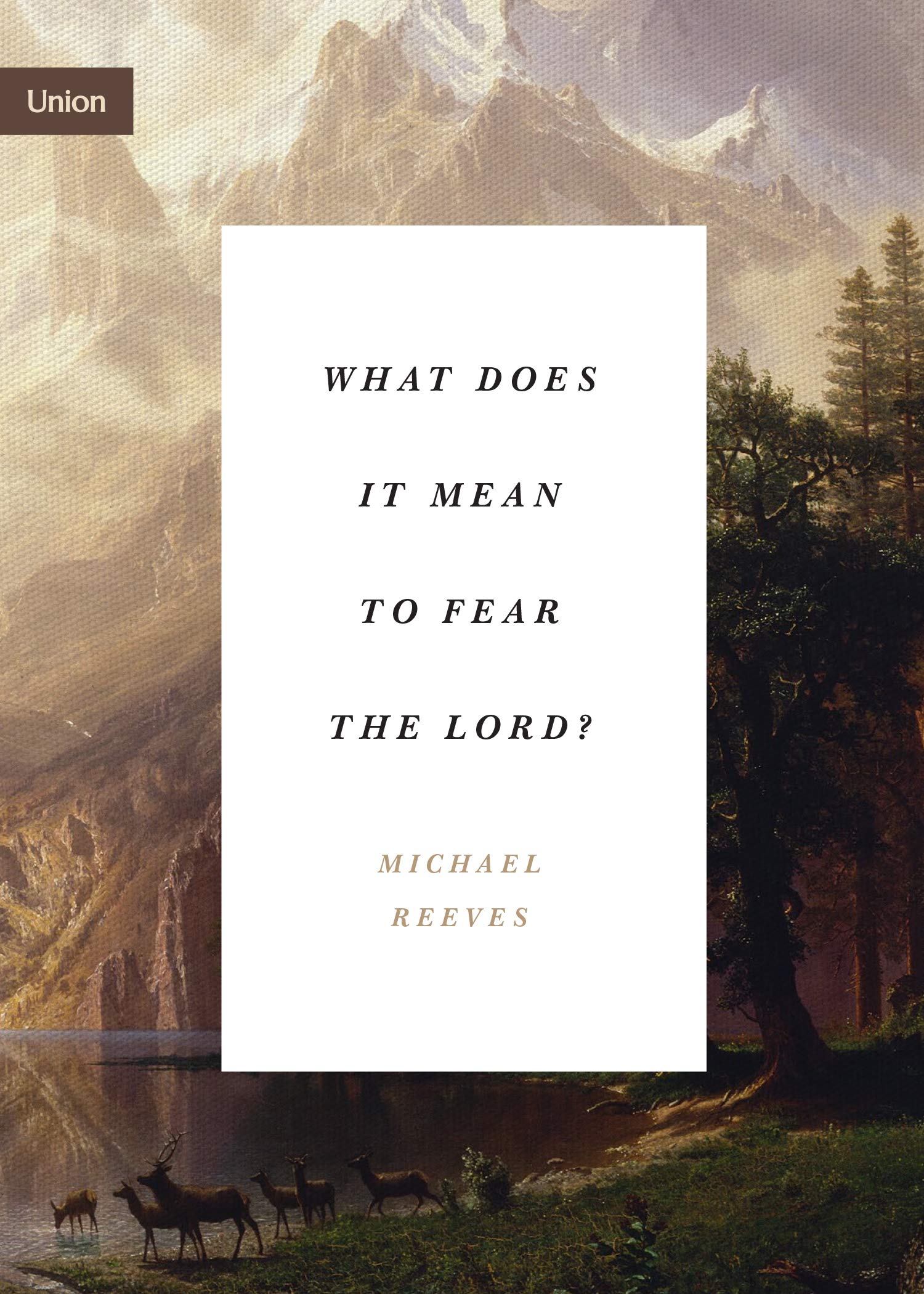Sobre nosotros
Servicios al cliente
Atención al cliente
Acceso Regional
Legales y políticas
Obtén la aplicación

Apunta tu cámara para descargar la aplicación
Copyright © 2024 Desertcart Holdings Limited



Michael ReevesWhat Does It Mean to Fear the Lord?: "How the Fear of God Delights and Stengthens" (Union)
B**T
Helps with a misunderstood subject
Well worth a study
T**
Address an important question in our Christian walk
This command to fear the Lord is everywhere in the Bible. Ecclesiastes concludes that fearing God and keeping His commandments is the whole duty of man (12:13). The famous truth is of course this: the fear of the Lord is the beginning of wisdom! God said to man, “Behold, the fear of the Lord, that is wisdom, and to turn away from evil is understanding (Job 28:28).” To fear God is pivotal in our relationship with Him. So what is it?In our fallen nature, our understanding of this right fear of God has been lost, not least because this fear can only be induced by God Himself and none is like God. When we shut Him out from our life, this sense of fear towards God is lost to our experience. When we have a hard time in capturing it, it is only natural. Many believers don’t know this sense of fear either because many do not spend time to gain a knowledge of God or encounter Him in the Scriptures. If we have not met this true God, we can’t know this sense of fear as the only rightful response to Him. What is left for us to know very well is the negative sense of fear which is synonymous to being afraid and fright.Reeves observes the negative notion of fear at the outset and sets the context to explain why fear of the Lord is a difficult concept for us to grasp. In a sense, I believe the fear as in the fear of the Lord is a lost word to us and in turn is a biblical vocabulary that we need to learn anew from the Scriptures. Fear of the Lord is often likened to reverence awe, but Reeves says that there are no perfect substitutes for it, so he takes the whole book to teach us what this word means – this is the shorter version to the bigger volume called Rejoice and Tremble.This fear is only induced by our encounter with the one true God. Therefore, Reeves gives this definition: “The living God is infinitely perfect and overwhelmingly beautiful in every way. And so we do not love him aright if our love is not a trembling, overwhelmed, and fearful love. In a sense, then, the trembling “fear of God” is a way of speaking about the intensity of our love for God. The right fear of God, then, is not the flip side to our love for God. Nor is it one side of our reaction to God. It is not that we love God for his graciousness and fear him for his majesty. That would be a lopsided fear of God. we also love him in his holiness and tremble at the marvelousness of his mercy. True fear of God is true love for God defined. (p.30)Reeves also stresses the filial fear in this fear, i.e. God as our Father: “This filial fear is part of the Son’s pleasurable adoration of his Father; indeed, it is the very emotional extremity of that wonder. It is not the dread of sinners before a holy Judge. It is not the awe of creatures before their tremendous Creator. It is the overwhelmed devotion of children marvelling at the kindness and glory and complete magnificence of their Father.” (p.43) My only point on this is that Reeves assumes we know what this filial fear looks like or feels like on children! Do we really understand this filial fear from our experience? I am afraid this perhaps is also lost, so corrupt is our hearts and messed up are all our relationships. A state to lament. Much to restore.This version is easy to read, very clear and on point.
Trustpilot
Hace 2 días
Hace 4 días